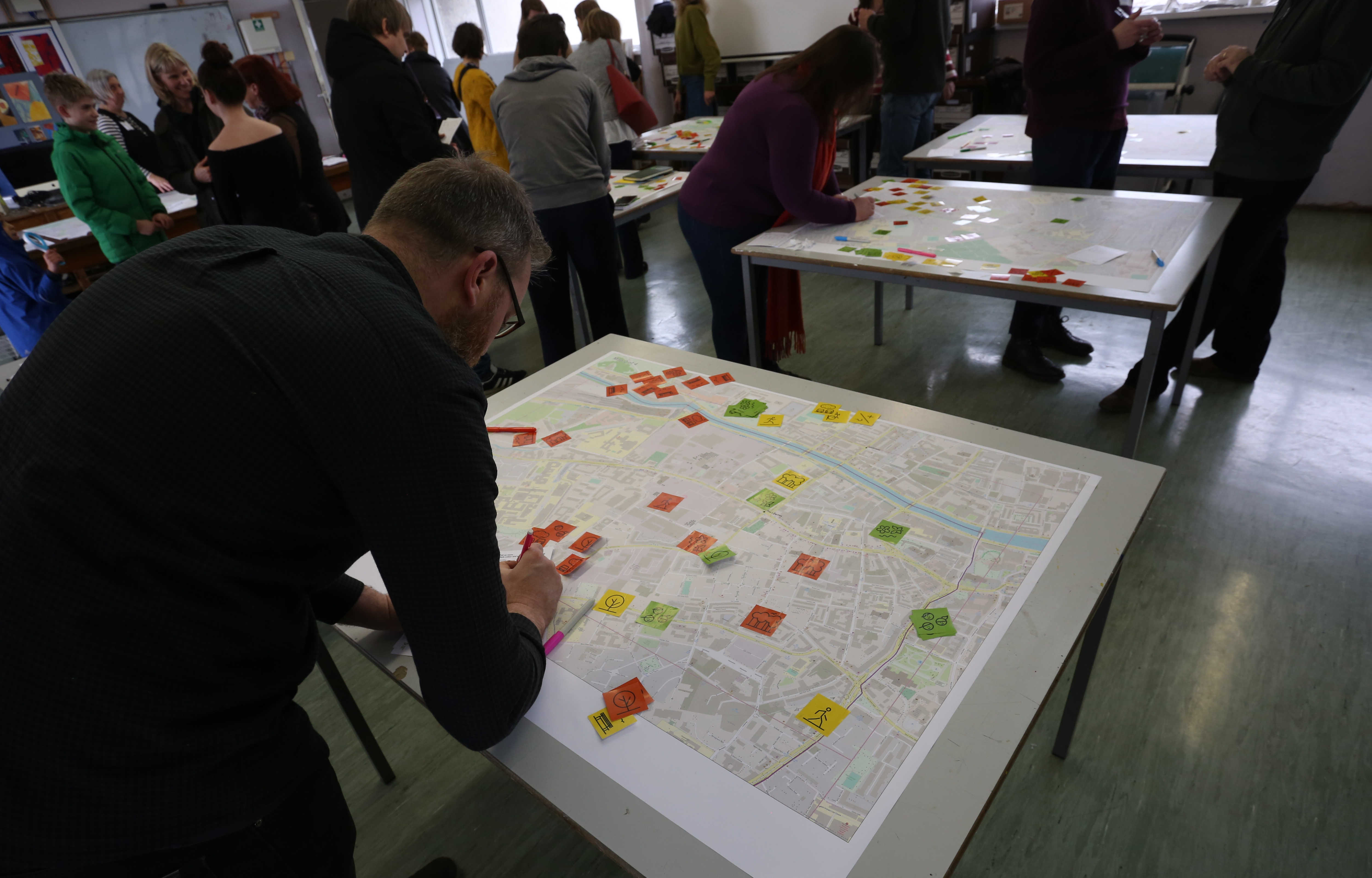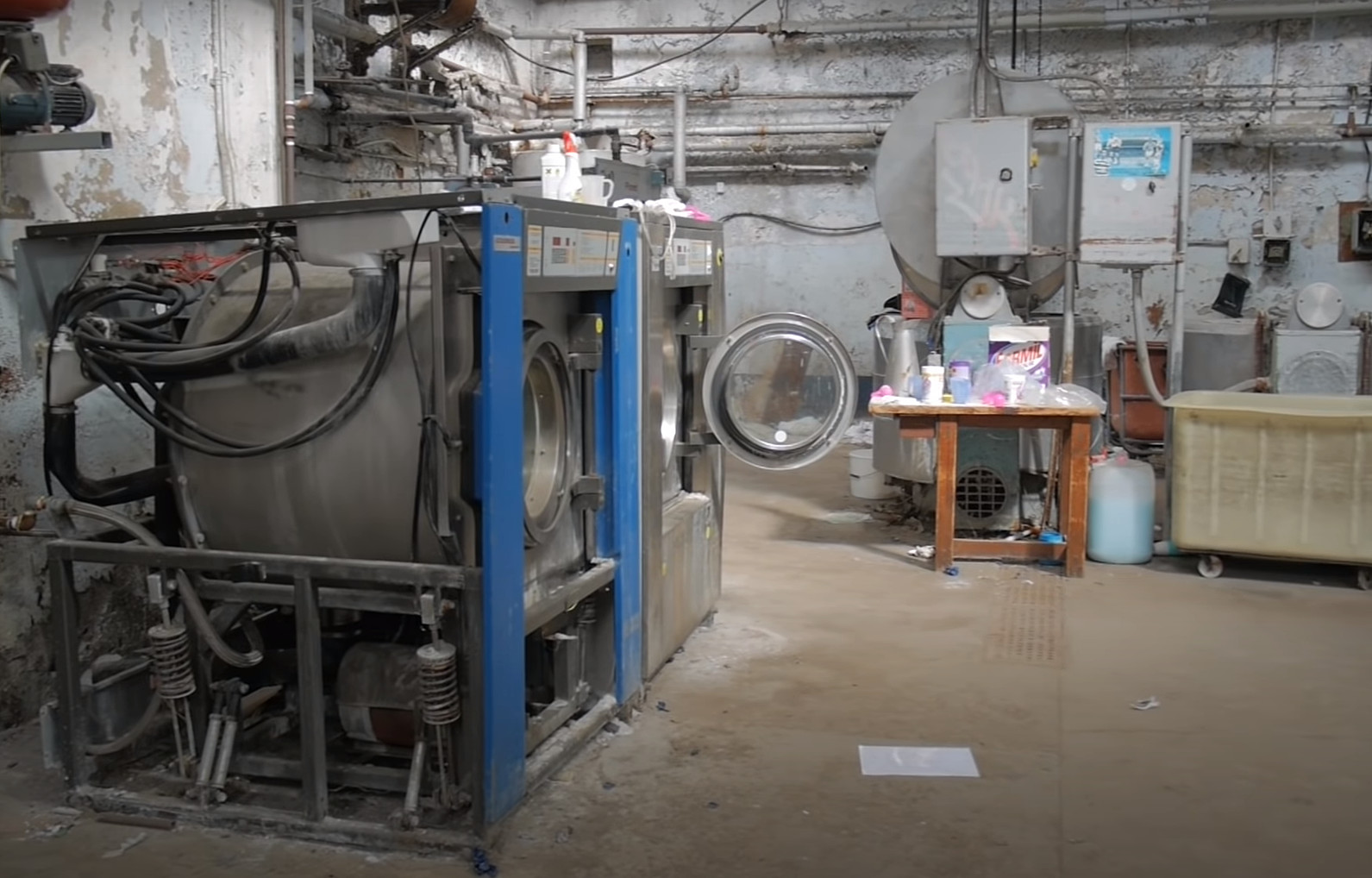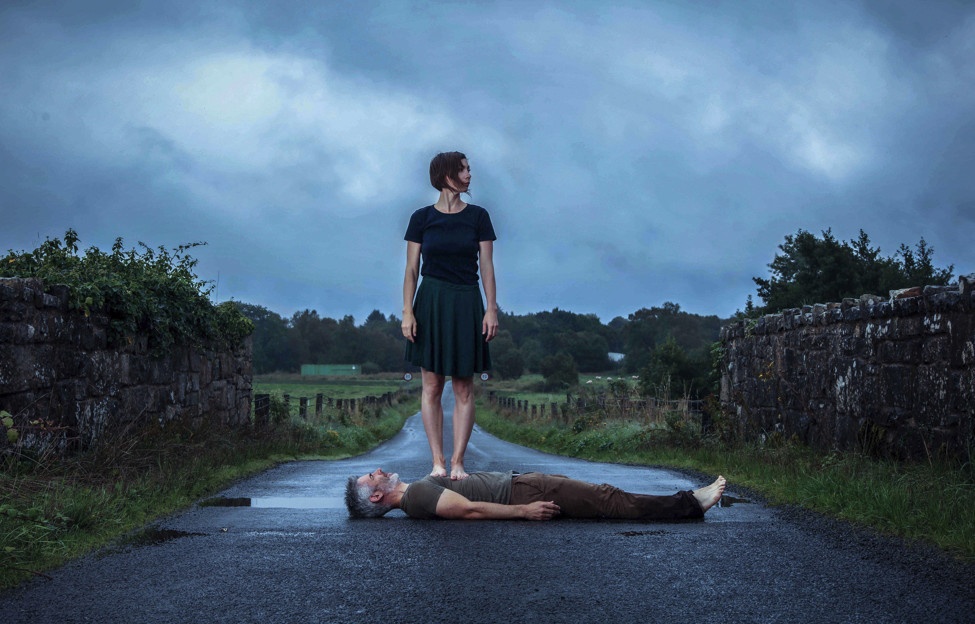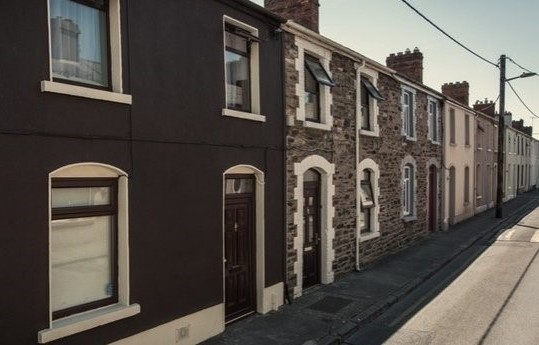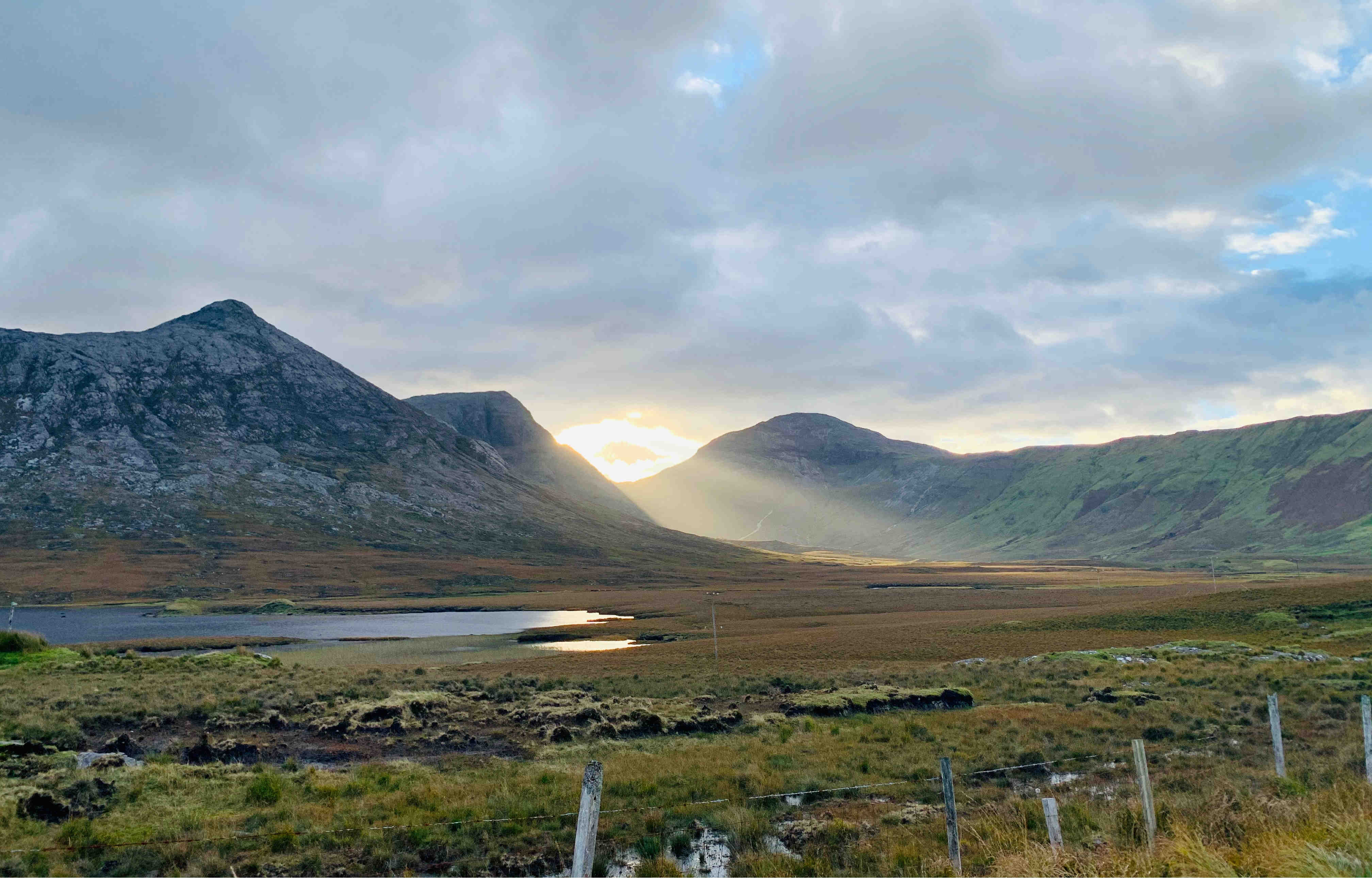Dr Dervla MacManus is a Research Fellow in the UCD School of Philosophy. Her research area is gender equity in the built environment and sustainability.
 What inspired you to start engaging with the policy community?
What inspired you to start engaging with the policy community?
Working with my postdoctoral mentor, Professor Katherine O'Donnell, on the Open Heart City project, focused on the Sean McDermott Street Magdalene Laundry, showed me that research can be a powerful tool for activism and real change. It helped me see that the policy community isn't an inaccessible, closed circle — in fact, they actively want to engage with researchers and hear what we have to say.
What has your engagement activity looked like to date? How has it evolved?
I began engaging with policymakers through my IRC Enterprise Partnership Postdoctoral Fellowship with the Royal Institute of the Architects of Ireland (RIAI), the professional body for architects in Ireland. At the time, the RIAI was part of a working group led by the Department of Further and Higher Education, Research, Innovation and Science (DFHERIS). Because my research aligned with the group’s interests, I was invited to give a brief presentation.
That ten-minute talk opened the door to connections with industry leaders and initiated an ongoing relationship with policymakers at DFHERIS. This initial interaction had a snowball effect — each opportunity led to another. I was subsequently invited to participate in an Evidence for Policyworkshop and asked to contribute to the Construction Skills Forum. Each small event, talk, or workshop helped to strengthen existing relationships and spark new ones.
Have you come across any particular challenges when engaging with policymakers?
The main challenge is that policymakers often need research, data, and evidence immediately. They work on fast-moving timelines and want information as soon as possible. However, good research takes time, and this mismatch can create pressure and stress. In my view, it's essential to prioritize the rigour and integrity of the research process — because ultimately, what policymakers need is high-quality, reliable evidence they can trust.
What advice would you give to other researchers who are starting out on their policy-engagement journeys?
The first step is to connect with someone involved in policy in your field. If you can identify a policymaker working in your area, send them a brief email to introduce yourself and share what you're working on. If you're invited to an event, workshop, or seminar, accept the invitation. You never know who you might meet, or who might be looking for exactly the kind of research you're doing.
